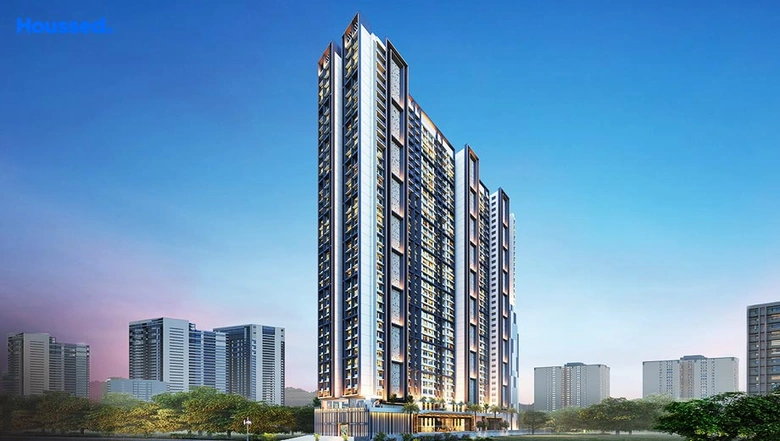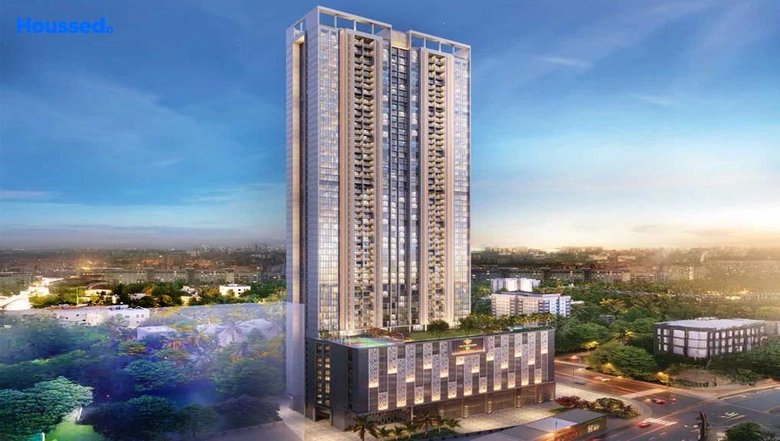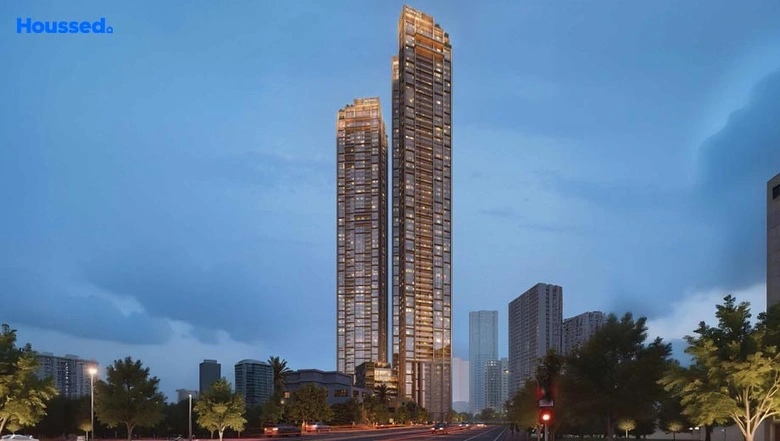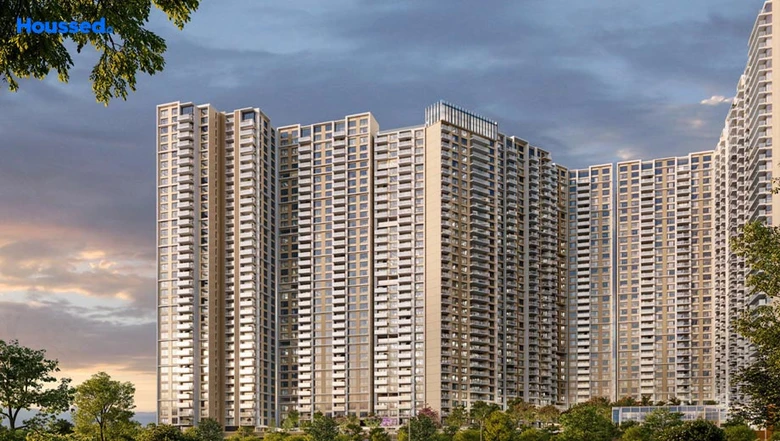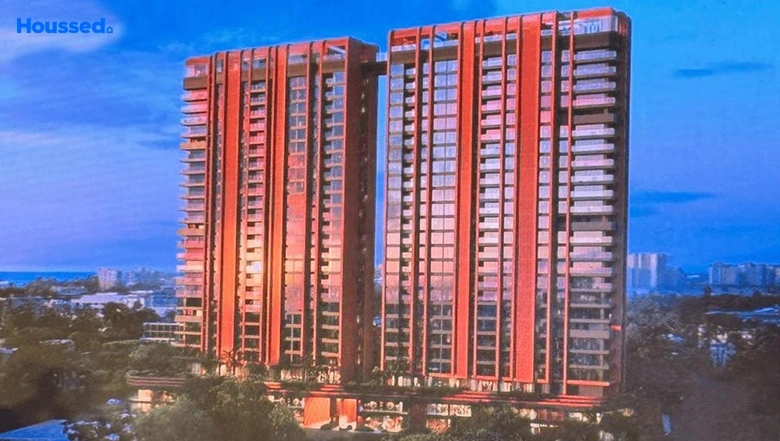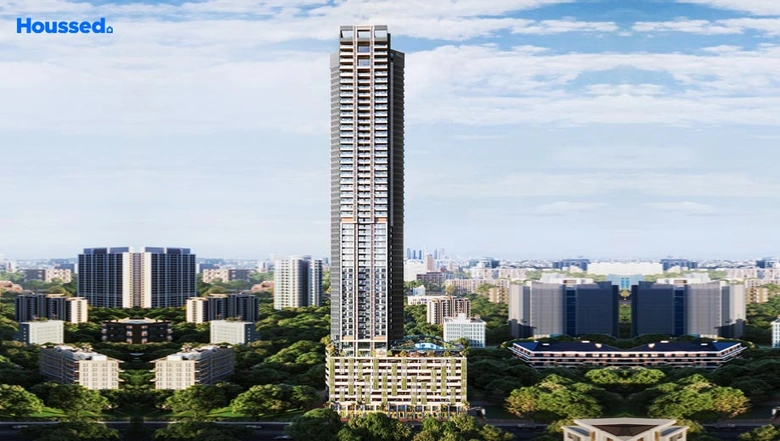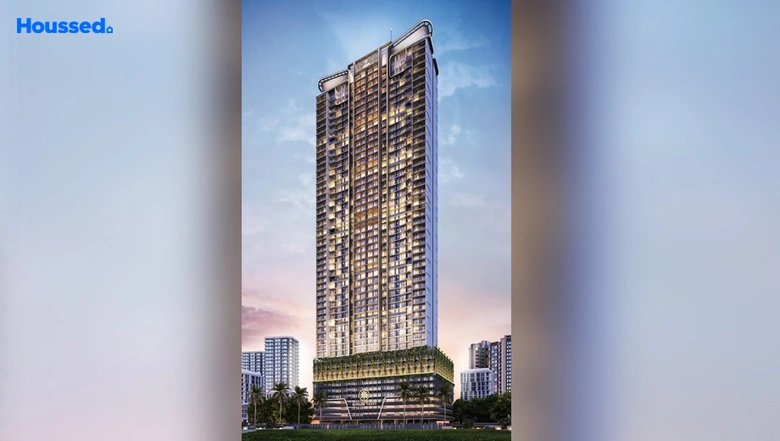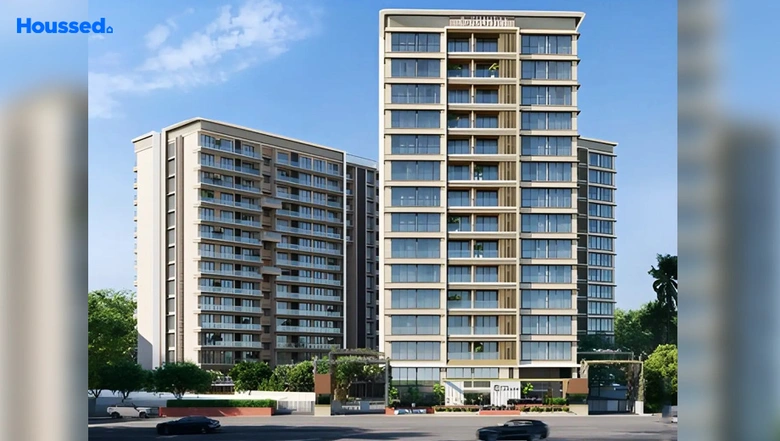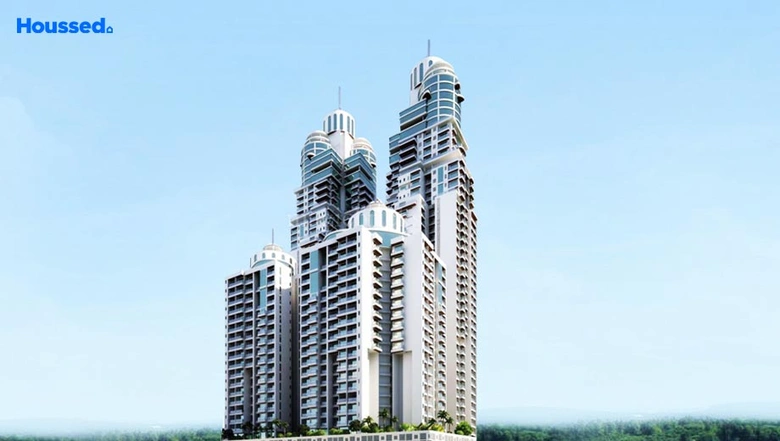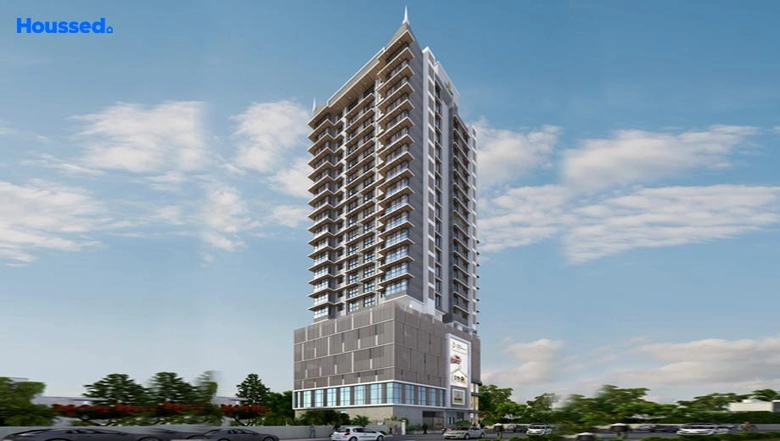Exploring the Difference Between Flats and Apartments

In a broader context, "flat" and "apartment" are self-contained housing units within a building designed for residential purposes. While the terms are often used interchangeably, "flat" is more prevalent in British English, while "apartment" is commonly employed in American English.
The words are similar in their context, which might create confusion. The guide deals with the critical aspects of the two, explores the differences between flats and apartments, and offers tips to consider before buying one.
What Is a Flat?
The term 'flat' originated from the Old English word 'flet,' denoting a dwelling place, with its literal meaning being house or floor. Its usage can be traced back to the 1300s. In Scottish, 'flet' means the interior of a home. Presently, the term describes a living unit within a building on a single floor or level.
What is an Apartment?
An apartment is a self-contained housing unit within a larger building, typically rented out to tenants for residential purposes. The term 'apartment' has its roots in the Italian word 'appartamento,' referring to private rooms within a house for an individual or family. It also draws from the French word 'appartement,' which means a separate space. The term 'apartment' is commonly used in American English.
What Is the Difference Between Flats and Apartments?
A flat has a single residential unit, whereas an apartment has several residential units on a floor. In India, 'flat' and 'apartment' are commonly used interchangeably.
In the Indian context, 'flat' might refer to single residential units in smaller, standalone buildings, while 'apartment' is used for units in larger complexes with multiple buildings. Apartments have multiple units per floor, offering various sizes, while buildings with flats typically have a single unit per floor.
Difference Between Flats and Apartments in India
By Definition
A flat is a set of rooms within a building with several other residences. In India, these clusters of rooms or flats are called societies. However, an apartment can be characterised as a collection of rooms forming a singular residence.
By Language
Flat is used in UK or British English lingo, while apartment is an American English word.
By Features
Flats typically include all the essential amenities needed for comfortable living and may or may not give a luxurious feel. At the same time, apartments provide a luxurious living experience and essential facilities for their residents.
By Quality
The classification of living spaces varies with geography. A flat denotes middle-class accommodation while living in an apartment is typically associated with a higher or more luxurious class.
By Storeys
A flat only accommodates a single floor, i.e. 1 BHK, 2 BHK, and when it has a duplex structure, it is an apartment.
By Luxury and Target group
The flat is associated with middle-class living, and Apartments connote luxurious living/higher-class groups.
Difference Between Flats and Apartments - What Should You Buy?
Depending on Budget
Before renting or purchasing any property, you must set a budget, specifying both the maximum and minimum budget. This will facilitate a more precise evaluation of the properties within the affordability range. Generally, the flats are much cheaper than apartments.
Depending on Lifestyle
The preferred lifestyle will influence the decision between an apartment and a flat. An apartment is the ideal choice if privacy and security are top priorities. Alternatively, a flat might be more suitable if you enjoy making social connections and participating in community activities.
Depending on Independent Living
Whether a flat or an apartment, both have drawbacks unless you are the property owner. Apartments provide greater independence, allowing you to customise the design and decor. Your relationship with the property owner also influences the ease of living.
Depending on the Cost of Maintenance
A flat incurs an average maintenance cost lower than an apartment's due to its standardised size and basic amenities. In contrast, apartments offer luxurious facilities such as sports courts, gyms, swimming pools, etc., with higher maintenance costs.
Depending on Structure
A flat is a standardized residential unit typically comprising a dining/living room, kitchen, shared bathroom, and one or two bedrooms. An apartment has a luxurious ambience, featuring designed interiors and high-quality fittings.
Benefits of Buying a Flat or an Apartment in India
Security
Whether it is a flat or an apartment, safety and security are the priority given to the residents. The continuous security provided by guards and CCTV surveillance ensures the safety of your children in play areas and corridors. Gated communities are ideal for individuals of all age groups.
Host of amenities
Apartments offer a range of amenities, from a swimming pool to a gym, and provide convenient access to these facilities. Children can enjoy an excellent playground, while grandparents can access a lush park or a reflexology trail to keep them engaged.
Advanced Interpersonal Skills
Surrounded by a diverse community, your children can develop strong interpersonal skills. You also have the option to socialise with friends or enjoy time with them in the park, all at your convenience.
Tax Benefits
Possessing a property, whether a flat or an apartment, and getting a home loan has significant tax advantages. This is the best investment choice that allows you to save substantially and offers various benefits.
Tips for Buying a Flat or an Apartment in India
- Determine Your Financial Capacity and Set a Realistic Budget: Carefully evaluate the financial situation and establish a practical budget to help find a property within your budget range.
- Explore Different Neighborhoods: Conduct thorough research on the neighbourhoods, considering factors such as proximity to reputable schools, accessibility to workplaces, the availability of amenities, and an efficient transportation network.
- Search for Local Builder/Developer: Research to ensure that the selected builder or developer has a good track record of delivering projects with immense excellence in quality and timely completion.
- Consider Home Loan Options: Explore financing options, such as home loans, and compare interest rates and terms offered by different banks or financial institutions to make a strong decision.
- Assess Amenities and Facilities: Check for the amenities and facilities available within the property to ensure they are per your preferences and lifestyle, enhancing the overall living experience.
- Update Yourself with Future Development Plans: Learn about upcoming development projects and infrastructure plans in the locality. Consider this knowledge when deciding to buy a flat or apartment, as it can significantly impact the property's value and livability.
Conclusion
What is flat?
The term 'flat' originated from the Old English word 'flet,' denoting a dwelling place, with its literal meaning being house or floor. Presently, the term describes a living unit within a building on a single floor/level.
What is an apartment?
The word 'apartment' originated from the Italian term 'appartamento,' signifying private rooms for an individual or family within a house.
What is the difference between flats and apartments?
In India, 'flat' and 'apartment' are commonly used interchangeably. However, outside India, particularly in the United States, an 'apartment' refers to a rented unit in a multi-unit building, while single units are termed 'condos.' A flat has a single residential unit on a floor, whereas an apartment has several residential units on a floor.
Difference between flats and apartments in India
- By definition
- By Language
- By feature
- By quality
- My storey
- By luxury/Target Group
Difference between flats and apartments - What should you buy?
- Depending on budget
- Depending on lifestyle
- Depending on independent living
- Depending on the cost of maintenance
- Depending on structure
Benefits of buying a flat or an apartment in India
- Security
- Host of amenity
- Advanced interpersonal skills
- Tax benefits
Tips for Buying a Flat or an Apartment in India
- Determine your financial capacity and set a realistic budget
- Explore different neighborhoods
- Search for local builder/developer
- Consider home loan options
- Assess amenities and facilities
- Update yourself with the future development plans
FAQ's
- Determine your financial capacity and set a realistic budget
- Explore different neighbourhoods
- Search for local builder/developer
- Consider home loan options
- Assess amenities and facilities
- Update yourself with the future development plans
